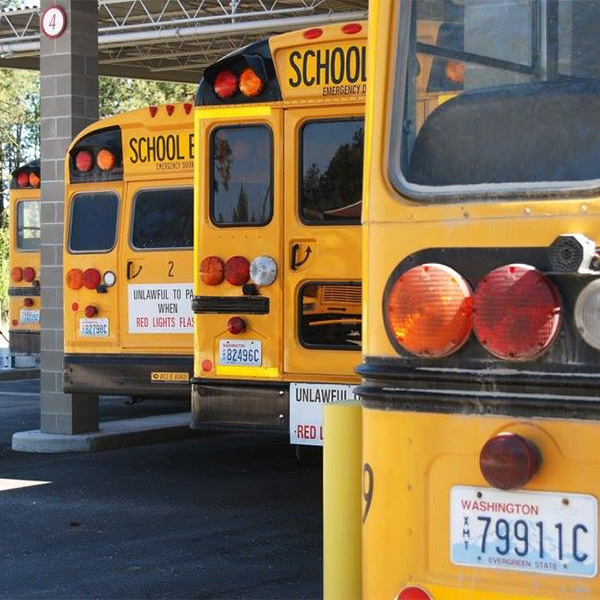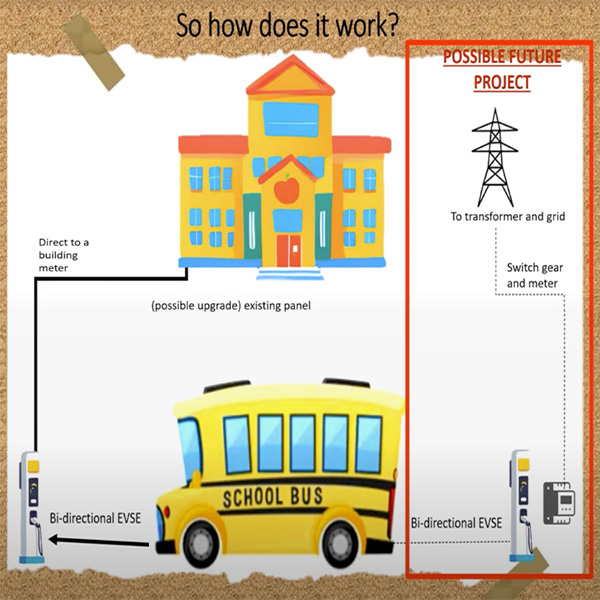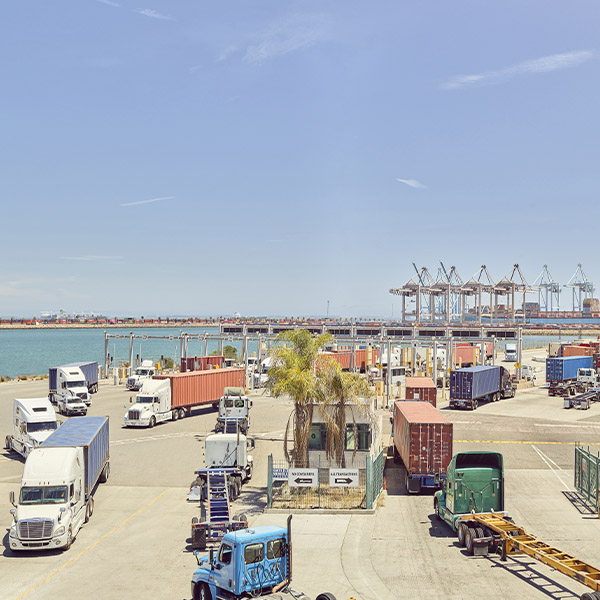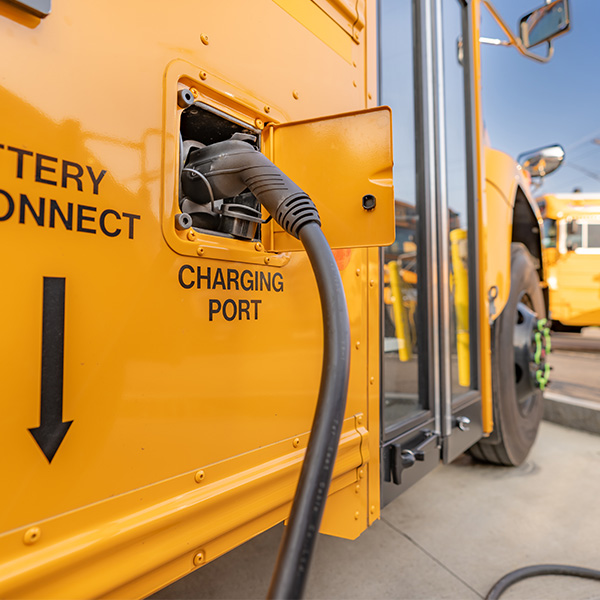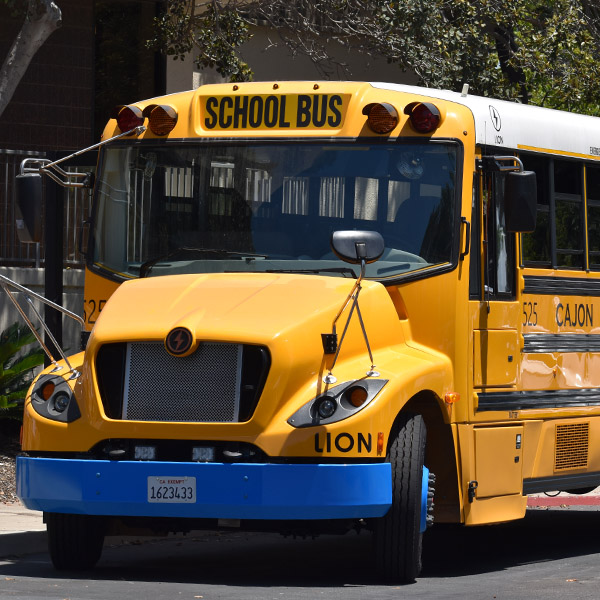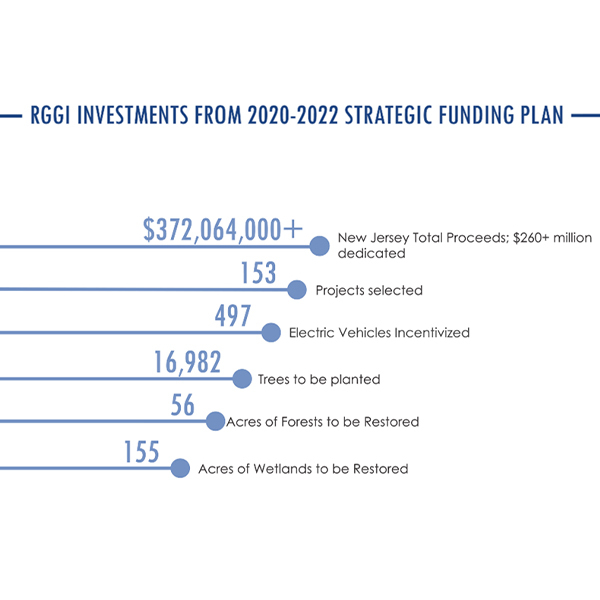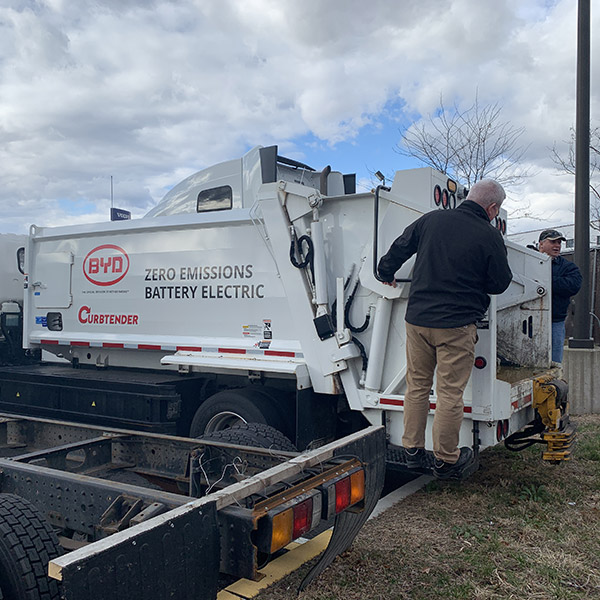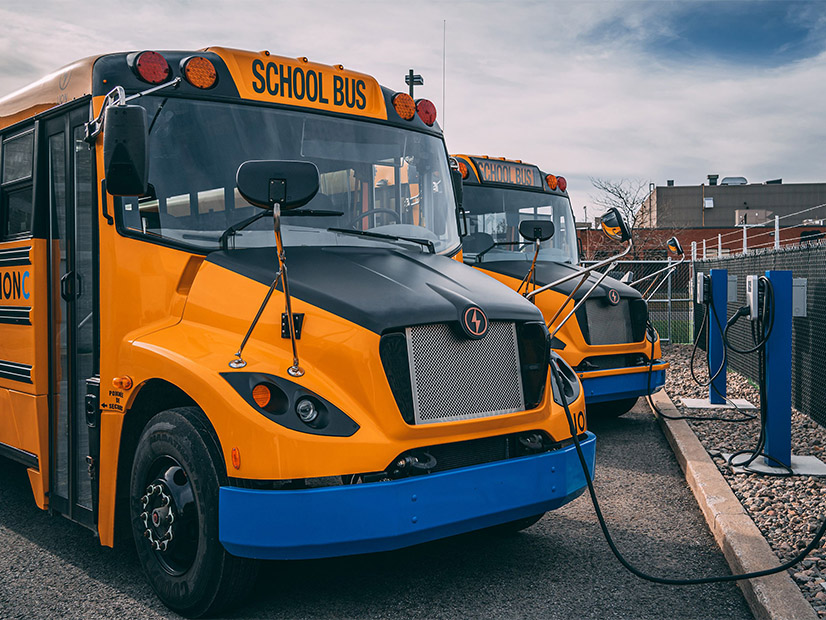electric school buses (ESBs)
The Clean School Bus program’s focus on the risks diesel emissions pose to children’s health and the benefits of electric school buses has made it less controversial than other Biden administration transportation electrification initiatives.
Federal and state policy paradigms are moving from a focus on promoting travel in single passenger vehicles to a broader understanding of different modes of mobility.
Washington is poised to start phasing in electric school buses after lawmakers approved a bill directing the Department of Ecology to help school districts convert their existing diesel fleets.
New Jersey does not allow electric buses to send electricity directly to the grid, but a program offers up to $50,000 in additional support for projects that use a “vehicle-to-building” strategy.
The agency approved a $624 million clean transportation incentive funding package but said goodbye to a flagship program that helped consumers buy zero-emission vehicles.
New York state has issued the roadmap for its first-in-the-nation school bus electrification program and is preparing to draw the first tranche from a $500 million pot of money to start carrying it out.
The California Air Resources Board is taking applications for $150 million in state funding to help public school districts purchase zero-emission buses and related infrastructure.
New Jersey has been slow to spend Regional Greenhouse Gas Initiative funds since returning to the program but is taking steps to speed up the process.
New Jersey announced it allocated $70 million in Regional Greenhouse Gas Initiative funds to purchase school buses and other heavy-duty electric vehicles.
Pacific Gas and Electric received regulatory approval to establish the nation’s first vehicle-to-grid export rates for commercial EVs, including school buses.
Want more? Advanced Search


